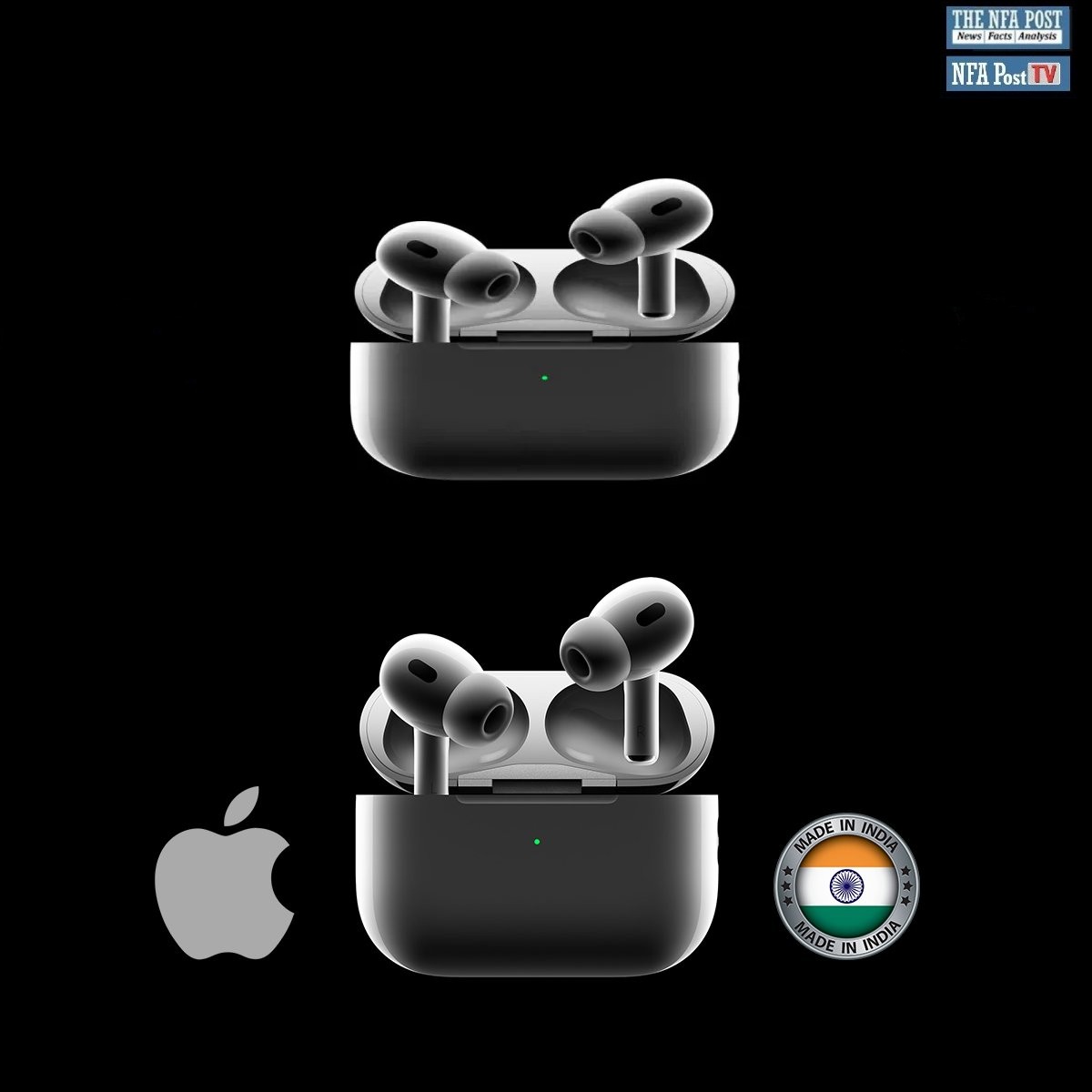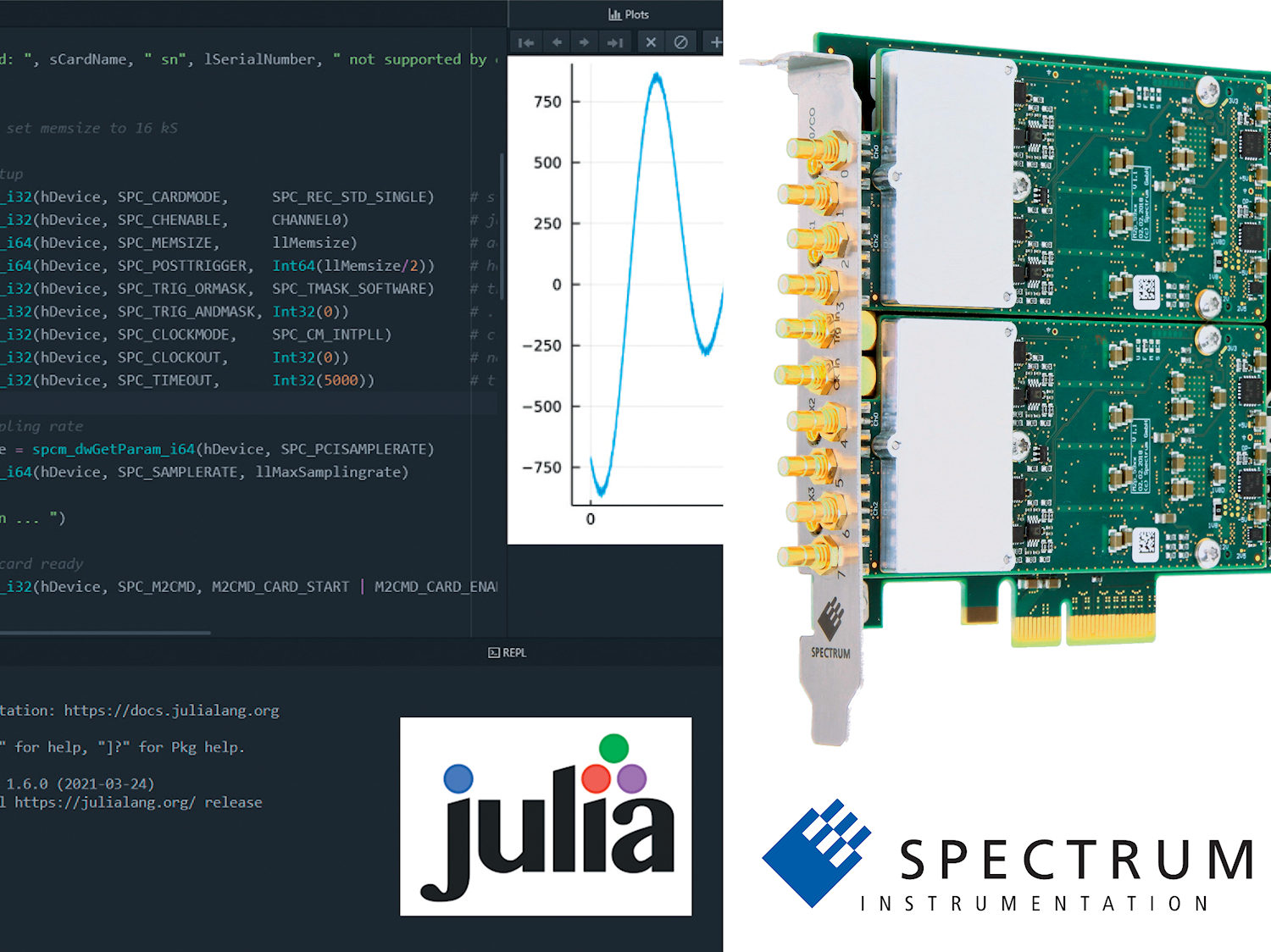Apple AirPods Pro meets 4 of the 5 standards for personal sound amplification products and performed similarly to basic hearing aids, according to research published in the iScience journal
New Delhi, NFAPost: Apple AirPods wireless earbuds can potentially act as hearing aids for adults with mild-to-moderate hearing loss, according to research published in the iScience journal.
Conducted by researchers from the Taipei Veterans General Hospital in Taiwan, the research is conducted on a sample size of 21 people with a mean age of 42.9 years, having mild-to-moderate hearing loss. According to the research report, varieties of hearing aids were tested, including premium and basic hearing aids, besides Apple’s AirPods Pro and AirPods 2.
The AirPods were connected to Apple iPhones, with an environmental noise amplifier app called ‘Live Listen’ installed. With this feature enabled, the earbuds receive environmental sounds and transmit amplified sound into the ears, similar to hearing aids.
“These wireless earbuds are of course not perfect, but they would be a good starting point for many patients who don’t have access to professional hearing aids,” said Yen-Fu Cheng, Otolaryngologist, Taipei Veterans General Hospital, Taiwan.
The researchers found that AirPods Pro performed similarly to basic hearing aids in a quiet environment. But, in a noisy environment, the AirPods Pro with active noise-cancelling technology performed slightly inferior to the premium hearing aids, when the noise came from the participant’s lateral direction. The AirPods Pro met four of the five standards for personal sound amplification products.
Whereas, the half in-ear design type AirPods 2 met only two of the standards and performed the worst but they were better than nothing at all. However, when the noises came from the front of the participants, both AirPods models failed to help participants hear well.
“Globally, the wireless earphone market is growing rapidly. Some companies are interested in exploring the possibility of designing earbuds with sound amplification features. Our study proves that the idea is plausible.” said Ying-Hui Lai, Bioengineer, National Yang Ming Chiao Tung University, Taiwan.





